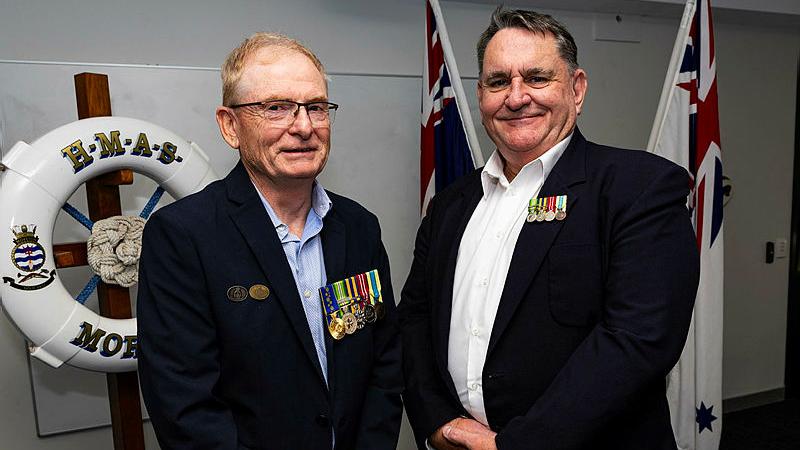Australia’s La Trobe University has identified key areas to strengthen its long-standing commitment to Indian research and education partnerships during a visit by the University’s new Vice-Chancellor.
Professor Theo Farrell, who began as Vice-Chancellor in February this year, has met with a range of industry, government and trade representatives during a five-day visit to the country.
La Trobe has a proud and successful history in India, partnering with tertiary institutions and organisations on projects that benefit both countries, and helping develop India’s brightest minds through joint education opportunities.
During his visit, Professor Farrell convened several roundtable discussions with partners, industry and government representatives, on opportunities to collaborate on areas of mutual interest that address national priorities and that are important for industry innovation and development.
Professor Farrell said there were several priority areas for La Trobe that presented opportunities for deepening relationships in India and developing new partnerships.
These include continuing to support and expand student exchanges in India and Australia; developing research focussed on digital technologies and skills innovations; research commercialisation opportunities, and linkages with industry partners. Deepening mutual industry partnerships play to La Trobe’s strengths in areas including smart cities, sustainable agriculture and food security, bio-innovation, and in health and care innovation.
“Some of La Trobe’s most important university partners are in India, and we are building important partnerships with industry and businesses in India that leverage our significant expertise in areas including sustainable food and agriculture, health and wellbeing, technology and bio-innovation,” Professor Farrell said.
“Our expertise in bio-innovation has recently been recognised by BioNTech, one of the world’s leading biotechnology companies, who have chosen La Trobe’s Melbourne campus as the base for its new mRNA manufacturing facility to develop and test cancer treatments.
“In addition, we’re committed to institutional cross-learning, joint intellectual programs and research, collaborative approaches that address industry challenges and joint educational partnerships that provide important valuable learning opportunities for students.”






